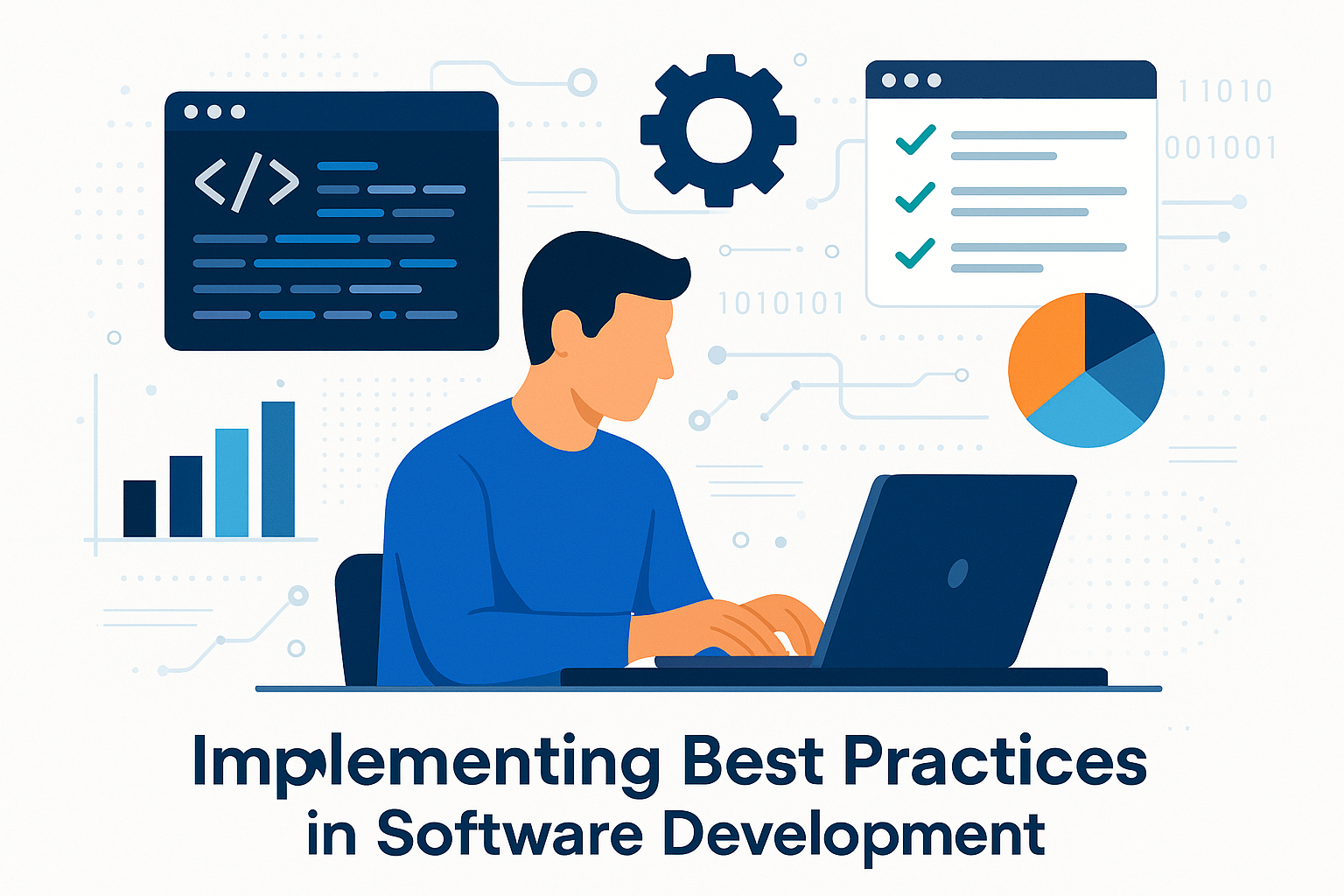In today’s rapidly evolving tech landscape, custom software has become a pivotal asset for enterprises aiming to maintain a competitive edge. However, with the fast pace of advancements in SaaS development and API integration, businesses face the challenge of keeping their software solutions both up-to-date and aligned with industry standards. This article delves into the best practices for custom software development in 2025, offering insights into current trends, effective strategies, and practical implementation steps designed to enhance enterprise applications and drive business success.
Understanding the Importance of Custom Software

Custom software provides tailored solutions that address specific business needs, offering a competitive advantage over generic alternatives. As of 2023, 89% of enterprises reported that custom software improved their business processes, highlighting its critical role in achieving operational efficiency.


